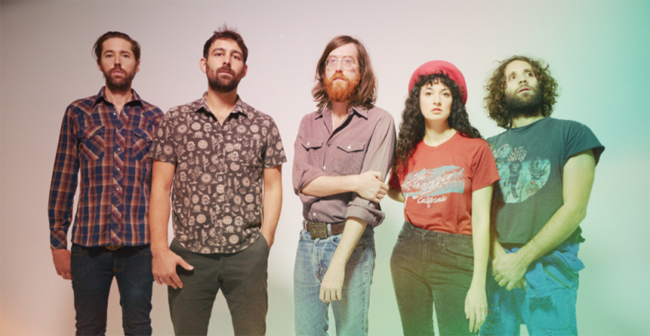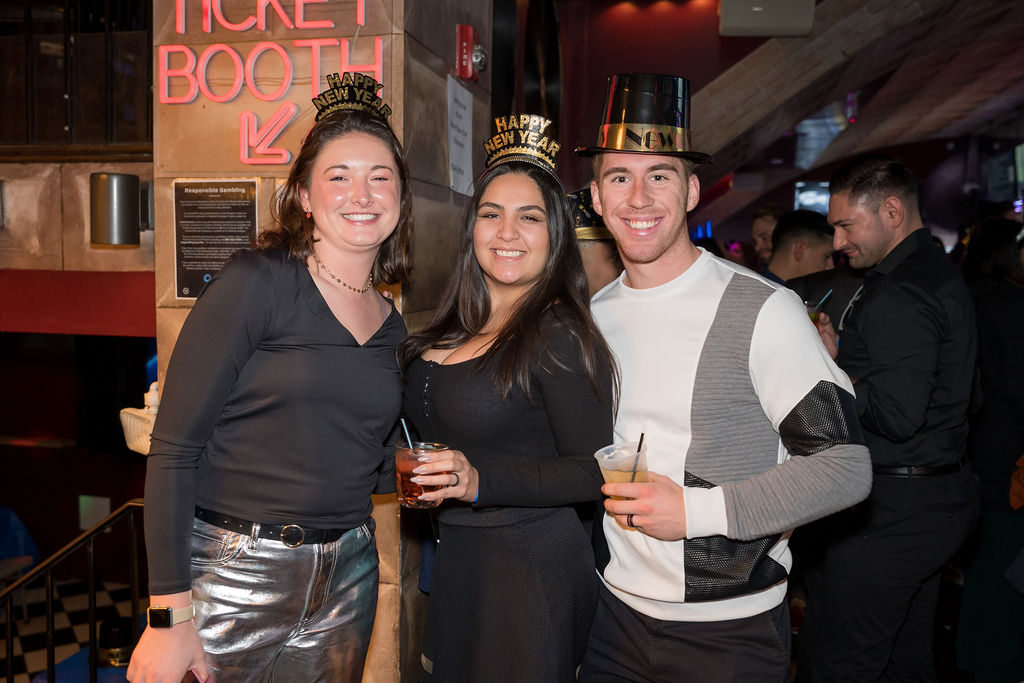Music

Okkervil River’s Colorful Compassion: A Conversation with Will Sheff
May 18, 2018 @ 12:00am
Twenty years into an illustrious career, Okkervil River’s Will Sheff is confronting the dark parts of his formative years – not through lamentation, but through reflection and light. In The Rainbow Rain sees childhood trauma contemplated, love for friends gone across the country and animals being adopted. The bittersweet topics are taken head on with a refreshing clarity.
Accompanied by gorgeously luscious musical arrangements where Sheff’s lyrics are just as essential to each song as every single instrument, the band’s latest record feels like a much-needed respite from everyday chaos and self doubt. Ahead of his band’s visit to Black Cat this weekend, Sheff caught up with On Tap and talked thematic inspiration, his literal approach to songwriting on this record and why he even makes music to begin with.
On Tap: Your new album opens with the song “Famous Tracheotomies.” You talk about your experience with tracheotomies, and then a litany of other ones experienced by celebrities. According to the song, that happened to you when you were one or two, so why write a song about it now?
Will Sheff: This was something that had been looming over my life. When I was a child, I knew about my tracheotomy before I knew how to read – before I knew about most things in the world. I knew that I had a scar – a big scar – in the middle of my throat, and I knew it had to do with me almost dying. I could feel that my parents had been through a lot. I was sickly a lot as a kid. You could look at me and see that something wasn’t working right in the way that my brain and body were connected. In a way, it was formative to every single thing that came after, and it’s why we’re talking right now, really. To some extent, that experience was why I tried to make a living from art. It’s in a lot of my songs in disguised forms that have only been pointed out to me later. I write a lot about cutting throats and ripping throats and people with holes in their throats and not being able to breathe. I just wanted to express to myself what all that meant. I wanted to write a song about this moment that can happen to you. When somebody intervenes to save your life, what leads to that point and what happens after and what does that does to you?
OT: “Don’t Move Back to LA” also seems anecdotal. I love the way you list out almost every other area in the country in the song too, like it’s a plea. What’s the story there?
WS: I had some friends that were moving to [Los Angeles] and I was like, “Please, don’t go!” You know when you have really good friends leave your town, and it feels like the whole town goes from color into black and white? Your friendship is never going to be exactly the same because you won’t see them as often. I also think that this song has the ghost of another idea behind it, which is that it would just be really interesting to see what happened if instead of everyone fleeing to the big media cities, they were able to invigorate all the other towns too – if there could be just as much of a vibrant, amazing scene in every little town. On some level, that song is very gently trying to say, “Wouldn’t it be cool to just make your own scene instead of just going to this big place?”
OT: Everything about this album feels very lush, and I was struck by the strength of each band member’s presence in each song. I know you’ve worked with The New Pornographers before. It reminded me a lot of their approach to song composition. Was this a conscious approach or did it just gradually unfold as other things came together?
WS: It’s funny you mention The New Pornographers. [New Pornographers member] Carl [Newman] is one of my oldest musical friends, and I’m actually living with him right now! We’ve been doing some creative stuff together, too. For whatever reason, I very much enjoy shining a light on other people. It seems to be something that I’ve noticed throughout my work in the time that I’ve been doing it. So I wanted people who were listening to the record to hear how good everybody was and what they were bringing to it.
OT: Empathy and kindness seem to be overarching themes on this album, and a lot of the lyrics read like deep, late night conversations with friends. Was it intentional to thread this kind of feeling throughout the record?
WS: I definitely did that intentionally. I was trying to be empathetic to myself because that’s really hard. You beat yourself up so much. So I was trying to be nice to myself but I wanted other people to experience something that would allow them to be able to be kind to themselves. I would go off into different spots like my friend’s little cabin upstate in the winter, or this little lake cottage that my family has had for awhile. I’d literally be making fires and be like, all of the friends sitting around the bonfire are one person [laughs]. I really wanted to bring that feeling into the record, so it was something people could have if they needed it. One of the things I really wanted to say to people on this record is that you shouldn’t feel ashamed. You should know that people love you and that you’re inherently valuable and that you’re not alone. I don’t write music to get into festivals, for some review, to get me on TV or to make me a lot of money. The idea is that it would be really cool if any of those things happened because it would allow me to continue to do more work. But ultimately, what I’m trying to do is make pretty things that make it easier to be alive.
Okkervil River plays Black Cat on Sunday, May 20 with Benjamin Lazar Davis. Doors at 7:30 p.m. Tickets are $25.
Black Cat: 1811 14th St. NW, DC; 202-667-4490; www.blackcatdc.com








